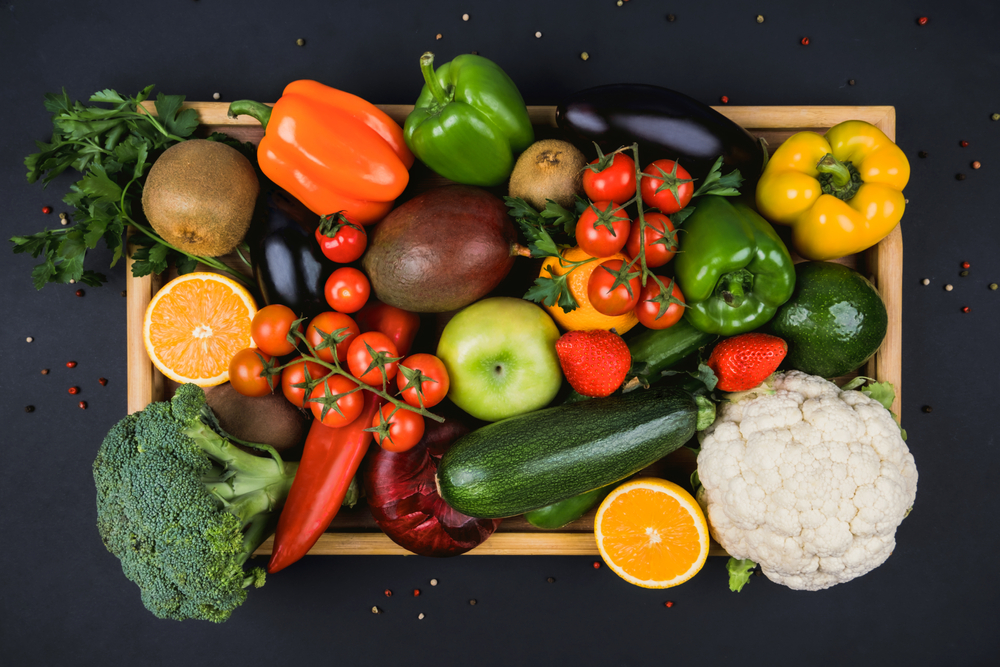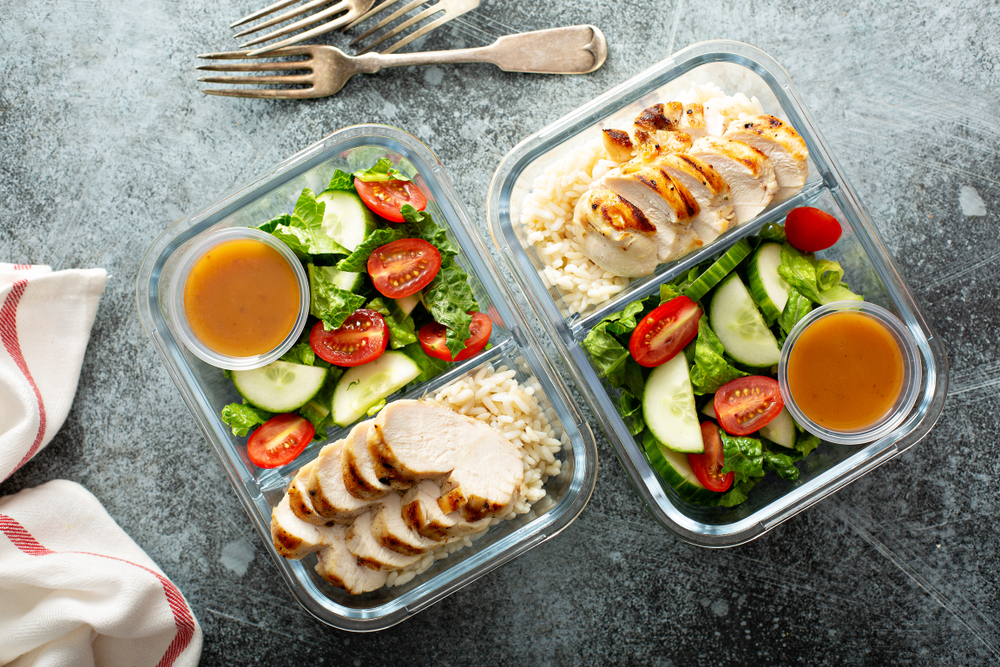Home By Geneva >> Diet Tips For the New Year
The new year brings lots of changes for everyone. For many, it is seen as a time to reset and review your goals, aspirations, and plans for the upcoming year. This is also a good time to reevaluate your mental and physical health, start a new exercise routine, and change up your diet. We put together a few tips for starting your new year diet off right we hope you’ll find useful!

Eat More Vegetables
Every doctor would recommend a healthy serving of vegetables in your diet. These are often high in fiber, contain essential vitamins and minerals, and are more filling than starchy alternatives. Vegetables such as broccoli and sweet potatoes are known to be the most filling, helping you avoid those sugary after dinner snacks.
You can also cook vegetables in a multitude of ways that are both delicious and nutritious! The USDA recommends 2-3 cups of vegetables per day, more attainable than one might think.
Cook at Home
Cooking at home allows you to prepare what you eat and the amount that you consume. Restaurants and fast food joints often over serve customers with salty, fatty food. But by cooking at home, you can pick and choose the ingredients that work best with your diet goals, saving money in the process!
This is the opportunity to test your culinary chops and get creative with recipes! You can find plenty of healthy recipes online that fit your needs and dietary restrictions!

Drink More Water
Water keeps you hydrated and fills you up, limiting how hungry you are throughout the day! This assists in cutting drinks that add extra calories and sugar to your diet like soda and tea. This is especially important if you are going to increase in working out for the new year!
Water helps your joints recover after a workout and keeps your body temperature at a normal, healthy level. Order water instead of soda when eating out, this will save you money and calories!
Measure Serving Sizes
One way to better track how much you eat and limit the extra eating is to measure your serving sizes. Even healthy foods can lose their benefits when too many portions are served. Using the recommended serving sizes on product packaging helps you control your intake.
This can also be based on your health needs and goals! For example, if you want more fiber in your diet, measuring serving sizes allows you to more accurately gauge how much you’re getting and track your progress while you’re at it!

Count Calories
If your goal is to lose weight and limit how much you eat throughout the day, try counting calories! Speak to your doctor first about how many you need to eat based on your health, body type, and goals and try to stick as close to that number as possible. This helps you monitor your diet and exactly how much you are eating. This information can be useful to learn what needs to be corrected and changed. Some snacks may be low in calories but if eaten multiple times it begins to add up!
This isn’t a reason to skip meals or not eat all together! Calories provide you energy to get through the day and help your body function as it should!
Plan Ahead
Creating a thorough, well planned shopping list is very beneficial for changing your diet. You can plan your meals for the week and plan healthy alternatives for lunch and snacks by meal prepping. Meal prepping controls your diet and is easier during the week to cook during the week after a long day at the office!
We recommend not going to the store on an empty stomach as you may be more prone to buying snacks and other junk food you don’t need!

These diet tips should hopefully let you take control of your eating habits in the new year and help you take your health to the next level!






